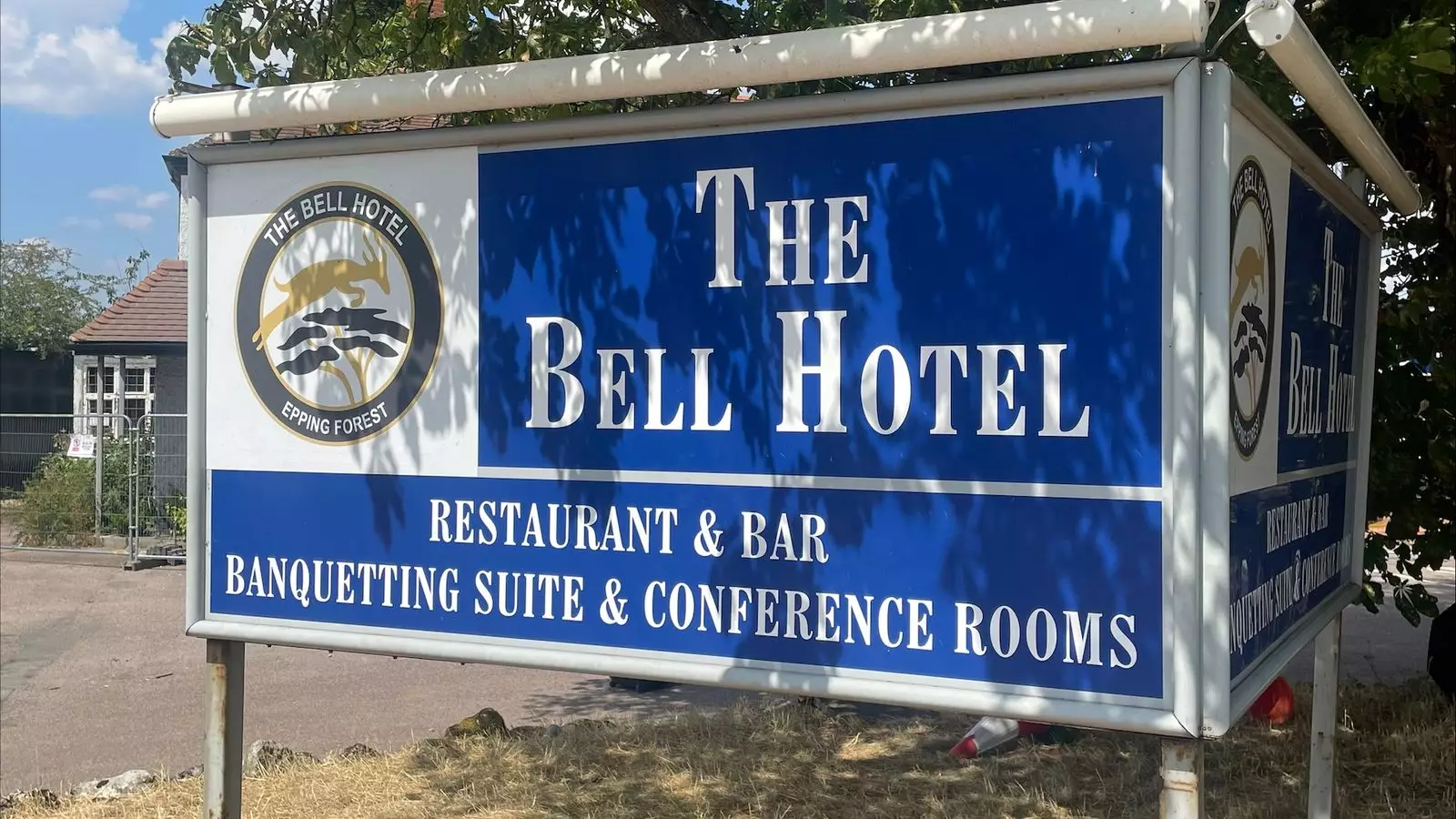The recent legal victory by the Epping Forest District Council to temporarily block asylum seekers’ housing at The Bell Hotel in Essex underscores the deep discomfort many communities feel toward rapid and unregulated immigration. While some frame this as a protection of local interests, it reveals a broader societal anxiety about cultural shifts and perceived threats to community cohesion. The council’s confident pursuit of an injunction appears less about genuine legal concerns and more about rallying political support rooted in fear of change. Citizens’ protests, fueled by allegations of crime and safety issues—regardless of their evidentiary merit—highlight an undercurrent of suspicion that often accompanies debates around asylum policies. There is a tendency to conflate the presence of migrants with disorder, ignoring the complex socio-economic factors that drive migration and the critical need for humane solutions. The narrative of “intolerance” is often weaponized against local opposition, but beneath that rhetoric is a genuine desire to preserve the character and safety of one’s own community in a rapidly changing landscape.
The Political and Economic Dimensions of Housing Migrants
From an economic perspective, the hotel’s use as an asylum reception center exposes a troubling reliance on commercial entities for public policy. The hotel owners, Somani Hotels Limited, argue that housing vulnerable migrants is a financial lifeline, yet this pragmatism veers dangerously close to commodifying human suffering. The fact that the hotel finds itself at the center of legal wrangling highlights how the often opportunistic intersection of private profit and public duty complicates efforts to establish fair and sustainable accommodation strategies. The hotel, operating on a fractional capacity of 1% in the past year, illustrates how marginal this activity is for the business but has outsized consequences on community trust and local relations. It raises uncomfortable questions about whether economic incentives, rather than strategic planning and responsible governance, are shaping these housing decisions. In this context, the legal actions taken by the council are less about safeguarding community well-being and more about asserting control over a situation that exposes the fragility of current policies.
Legal Battles as a Reflection of Broader Societal Tensions
The court’s decision to grant a temporary injunction, while significant, is more symbolic than a definitive resolution. The legal process becomes a proxy battleground where competing visions of immigration policy clash: one emphasizing community sovereignty, the other emphasizing humanitarian commitments. The judge’s decision not to consider the applicant’s “political views” as grounds for hardship signifies the complex and often subjective nature of judicial reasoning in such contentious cases. Meanwhile, the hotel’s owners threaten an appeal, signaling that this is far from over, and that economic interests will continue to influence and complicate the policymaking landscape. The ongoing legal limbo reflects a society grappling with the moral and legal frameworks necessary to balance compassion and order. It also exposes the risk of reducing complex human issues into binary conflicts—safety versus tolerance, community versus outsiders—further entrenching division rather than fostering understanding.
The Underlying Crisis of Trust in Institutions
At the heart of this controversy lies a profound crisis of trust in local authorities, government agencies, and the institutions meant to uphold fairness and justice. The failure to develop long-term, human-centered housing strategies has left communities vulnerable to reactive measures that often appear arbitrary or driven by political expediency. The allegations surrounding the migrant charged with criminal conduct, whether founded or not, feed into narratives designed to justify stronger restrictions, yet they ignore the fact that criminal behavior is not exclusive to migrants and that a focus on individual accountability is more productive than collective blame. The debate reveals how societal divisions are amplified when communities feel unheard and when institutions seem inconsistent or inaccessible. Until there is honest, open dialogue and comprehensive planning that respects both community concerns and the dignity of migrants, these conflicts will persist, fueling cycles of mistrust and marginalization.


Leave a Reply